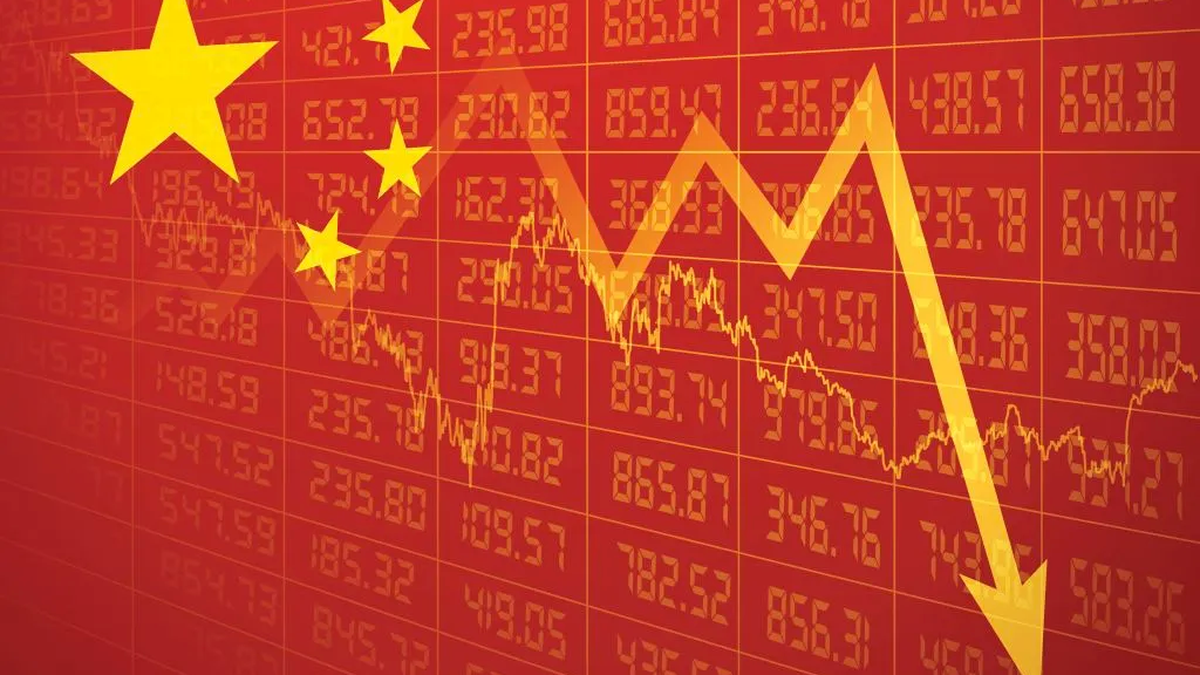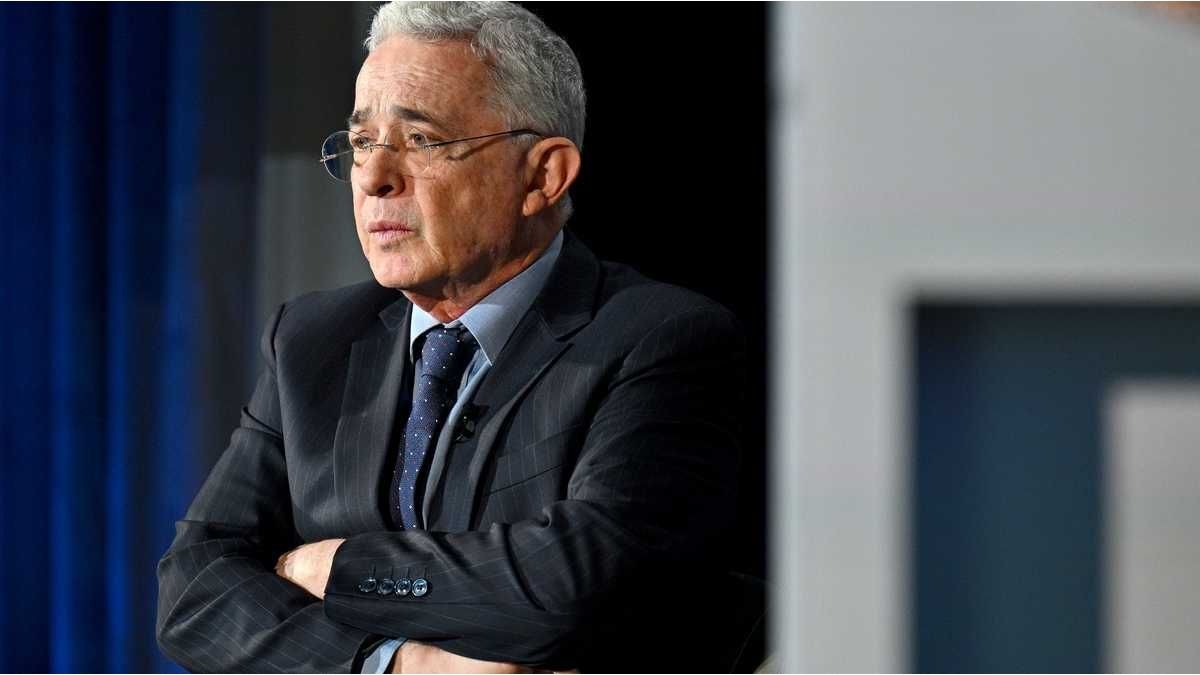China will bet on debt issue and to public spending to try to recover the economy strongly affected by the Covid-19 pandemic – and its late effects in the Asian country after an opening that took more than a year. How can this affect Uruguay?
The Chinese economy, the second largest in the world, has been faltering for months after the impact that the pandemic had on the Comercial activity local; Therefore, the immediate objective of the government of Xi Jinping is to return to the path of recovery and growth with a historical and well-known recipe: debt and state spendingthrough fiscal stimuli.
Although from one sector they promote reforms important and long-term that allow us to address the main problem of the Chinese economy—the progressive disappearance of the private sector and growth driven by consumption, beyond real estate and infrastructure investment—; Some government advisors recommended raising the target deficit budget over 3% of the Gross Domestic Product (GDP) by 2024, according to the Reuters agency. For them, the short term is more urgent to avoid economic disaster.
In this context, the parliament of China is in the process of being approved just over 1 trillion yuan -equivalent to 137 billion dollars— in additional emissions of sovereign debt. These bonds would be used to finance water conservation and flood prevention projects.
In parallel, the central government called on local governments to intensify the fiscal and monetary supportand complete the issuance of the 2023 quota of 3.8 trillion yuan in special local bonds for September, to finance infrastructure. Although the central bank is limited in terms of monetary policy, for fear of fueling capital flight and damaging the yuan.
The measures aim to overcome a crisis at the door. However, the economists who promote structural reforms in China point out that the Asian country could be heading towards a long period of deflation and stagnant growth. Current projections aspire to a 5% GDP growth for 2024, although it could be lower.
What can happen in Uruguay in these scenarios?
As has been seen throughout the year in the figures for exports, what happens at the economic level in China impacts, unfailingly, on Uruguay, while the Asian giant is one of the main economic partners of the country—the most important until a few months ago.
This means that, on the one hand, the efforts of Xi Jinping’s government to shore up economic growth are good news at the local level, as it can mean a reactivation of consumption and the purchase of raw materials – especially meat and dairy- Uruguayans. In addition, of course, any policy to avoid a crisis in the second largest economy in the world—one that has greater impacts on international trade relations—is good news for the Uruguayan government.
However, and on the other hand, the Chinese strategy can also cause problems in the economic balance: As has happened before, the efforts of China to save its own economy it closes its borders; and as long as state spending is focused on promoting growth through infrastructure investment and fiscal stimulus, the country may prefer the consumption of available stock rather than making significant new purchases in Uruguay.
In short, the reduction in purchases will continue to impact the country’s export income, which has already been falling for several months.
This, furthermore, occurs while the government of Luis Lacalle Pou try the last movements to unlock the Free Trade Agreement (FTA) with China —a few days before the president himself travels to the Asian country. Therefore, the strategy to avoid the crisis could indefinitely delay the closing of the bilateral agreement.
Source: Ambito




